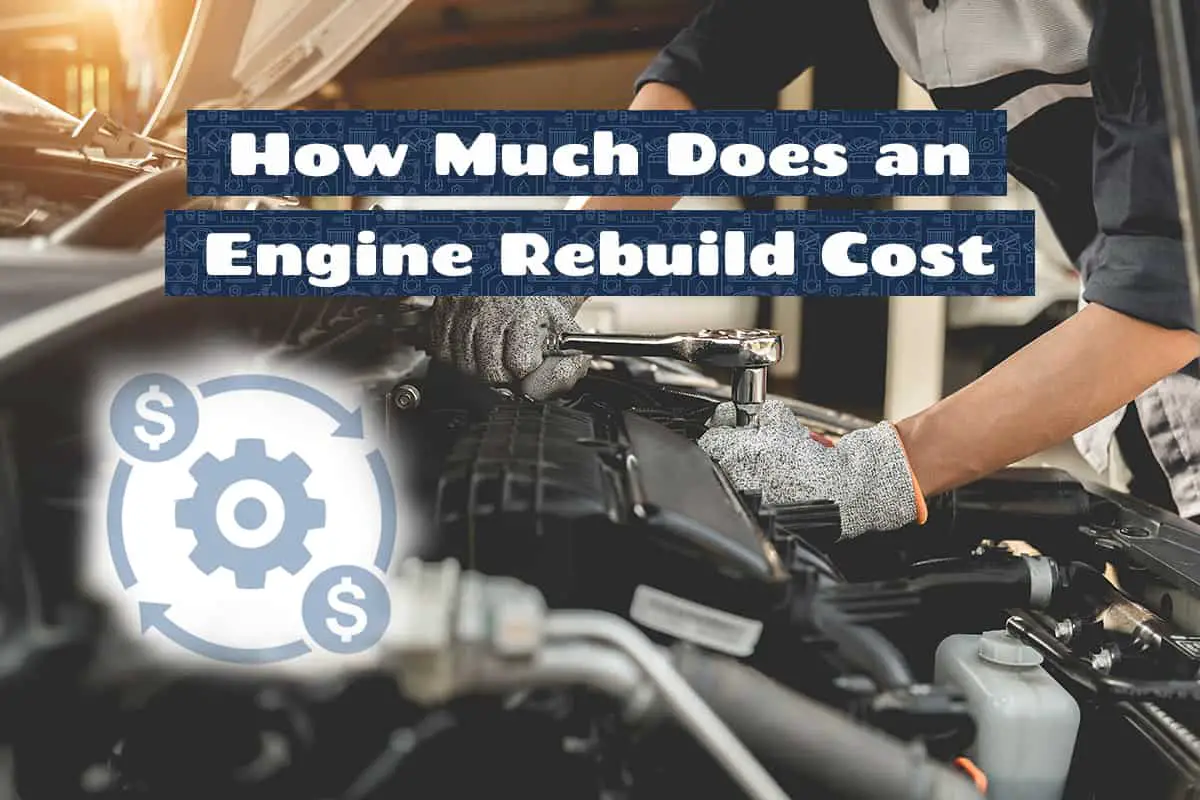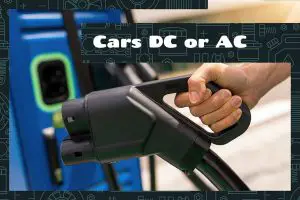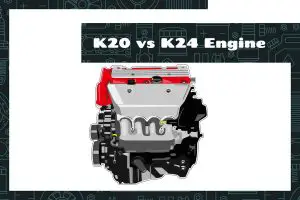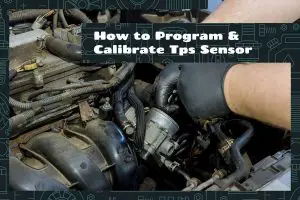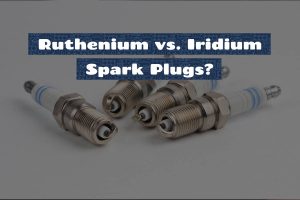The engine is where fuel and air mix and then burn, creating the power that moves your vehicle. With many miles and wear, engines may require a rebuild to restore their original performance and efficiency. Rebuilding an engine involves taking it apart, checking for worn or damaged components, and then replacing or repairing those parts before reassembling everything.
On average, you should expect to spend between $2,000 and $5,000 for an engine rebuild. The actual cost varies widely, depending on factors like the type of engine, the extent of damage, labor rates, and the parts you choose for replacement.
This guide will discuss the minute details of engine rebuild costs, factors influencing those costs, and what you can do to save a bit of cash.
What Is an Engine Rebuild?
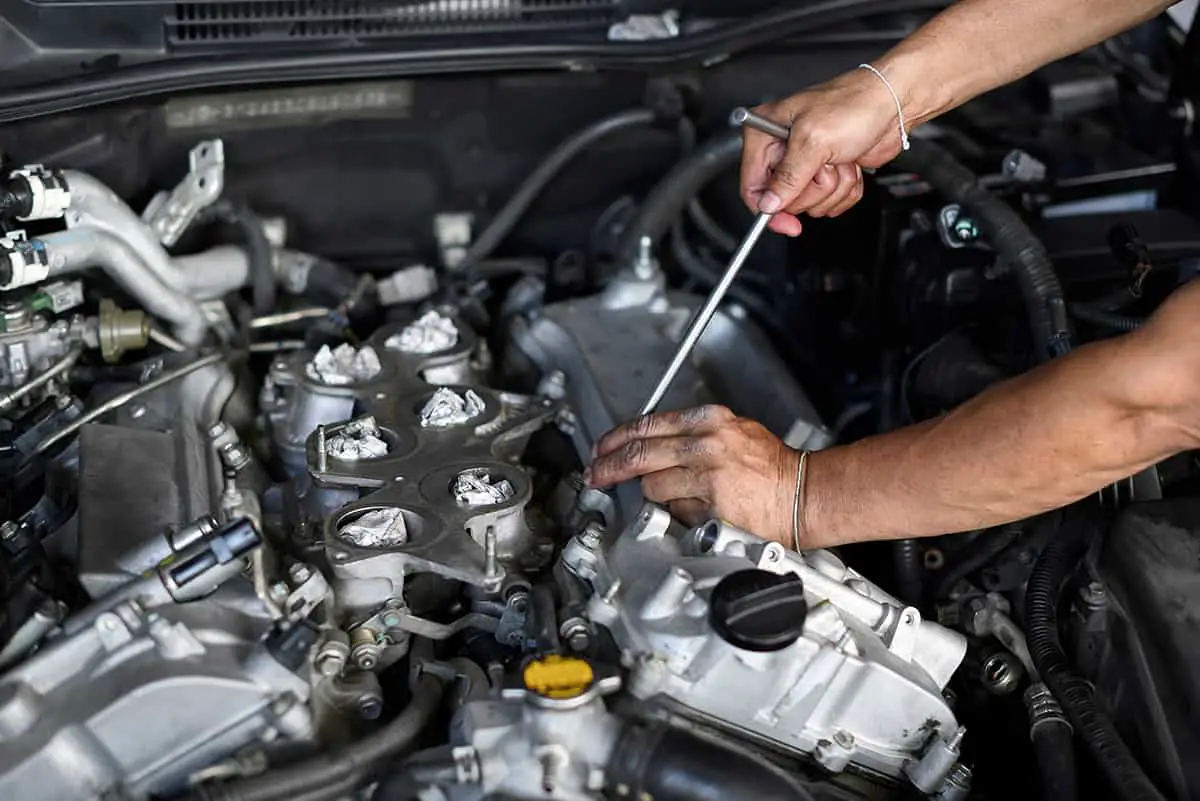
An engine rebuild is a comprehensive process where a car’s engine is disassembled, inspected, and any worn or damaged parts are repaired or replaced. Once these components are addressed, the engine is reassembled, and its performance is compared to how it performed pre-rebuild.
Reason for Rebuild
Engines wear out over time due to friction, heat, and contaminants. Common symptoms indicating a potential need for a rebuild include excessive oil consumption, knocking noises, decreased fuel efficiency, or excessive smoke from the exhaust. Addressing these issues promptly can extend the life of the engine and ensure optimal performance.
Benefits of a Rebuild
Opting for an engine rebuild can offer several advantages. It can prolong the lifespan of the vehicle, improve fuel efficiency, and enhance overall performance. Plus, by keeping the original engine, you maintain the vehicle’s authenticity, which can be a selling point for certain classic or vintage cars.
Factors That Influence the Cost of an Engine Rebuild
Tallying the cost of an engine rebuild isn’t a one-size-fits-all equation. Multiple elements, from the engine’s type to parts chosen, combine to form the final expense.
1. Type of Engine
The engine’s type is one of the first factors that dictate rebuild costs. Generally, engines come in configurations like 4-cylinder, 6-cylinder, or V8. A straightforward 4-cylinder engine, often found in compact cars, is typically less expensive to rebuild than the more complex V8s found in high-performance or luxury vehicles.
The parts for common engines are usually more readily available and affordable, while rarer or more intricate engines might command higher prices due to the specificity of the components required.
2. Extent of Damage or Wear
If an engine has minor wear, it might only require a few replacements or adjustments. However, severe damage, possibly from overheating or neglect, can mandate extensive repairs, thereby increasing costs. For example, a simple replacement of worn rings or seals differs in expense compared to addressing a cracked engine block or warped cylinder head.
3. Parts Replacement
The choice between Original Equipment Manufacturer (OEM) and aftermarket parts can sway the rebuild budget. OEM parts come directly from the car’s manufacturer, ensuring a precise fit and function. They often come with a warranty but might be pricier. On the other hand, aftermarket parts are made by third-party companies and offer a broader price range.
While many aftermarket parts match or even surpass OEM quality, others might be of inferior grade, potentially affecting performance and longevity.
4. Additional Services
Machine shop tasks like resurfacing the cylinder head, honing cylinders, or balancing the crankshaft are often necessary for a thorough rebuild. These services ensure the engine’s smooth operation post-rebuild but come at an added cost.
Moreover, diagnostic tests, such as compression or leak-down tests, might be conducted before and after the rebuild to ascertain the engine’s condition and the effectiveness of the rebuild.
A Basic Cost Breakdown of an Engine Rebuild
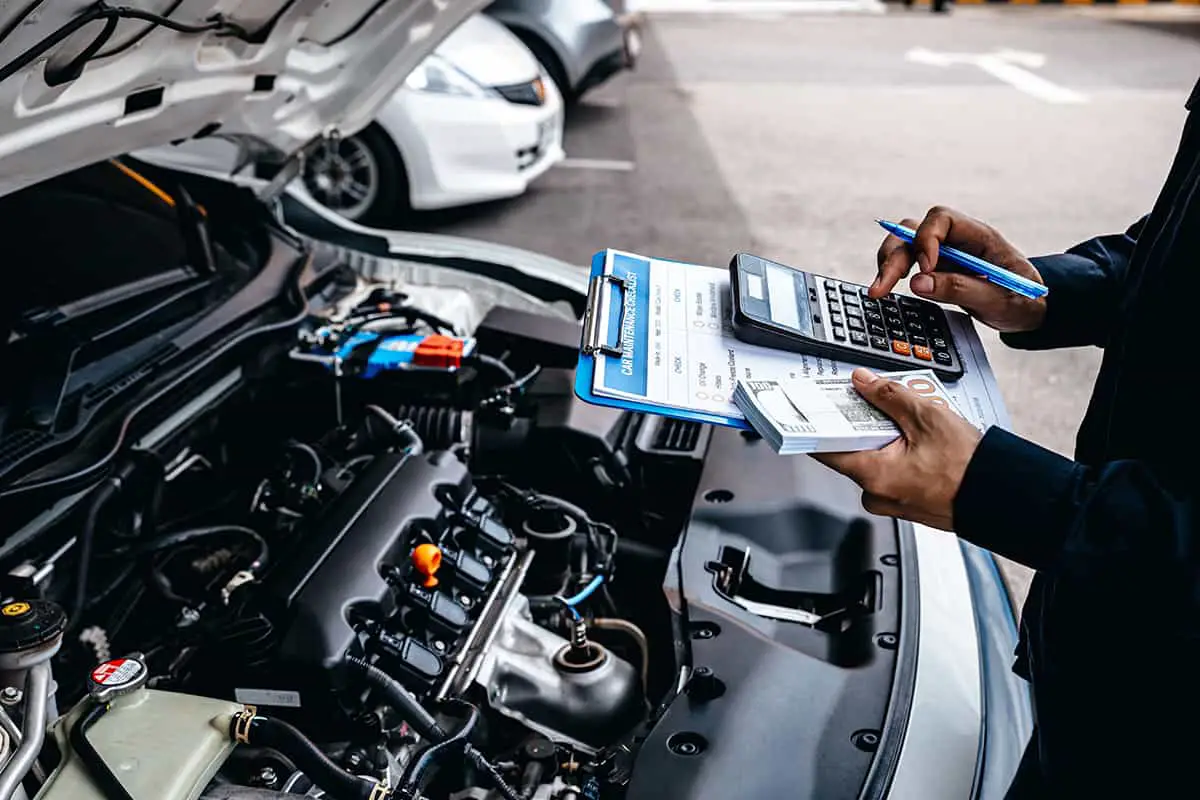
An engine rebuild, while an intricate procedure, comes with a variety of associated costs. Here’s a basic breakdown to give you a clearer picture.
Labor
Depending on the region, the hourly rate can range from $50 to $150. Considering that an engine rebuild can take anywhere from 10 to 25 hours, labor alone might account for $500 to $3,750.
Parts
Depending on the engine’s condition, you might need a handful of parts or a comprehensive set. A rebuild kit, which includes essentials like pistons, rings, seals, and gaskets, can range from $100 to $1,000 or more. Exclusive engines or those requiring rare parts can drive this price higher.
Machine Shop Services
Sometimes, an engine rebuild necessitates the expertise of a machine shop. Services such as cylinder resurfacing or crankshaft balancing are common. These services add to the expense, typically costing between $50 to $500, based on the extent of the work.
Miscellaneous Costs
Additional expenses can arise from diagnostic tests, fluids, and any unforeseen complications during the rebuild process. It’s wise to account for an extra $100 to $500 for these variables.
Ballpark Figure
When summed up, a basic engine rebuild can cost anywhere from $750 on the low end to upwards of $5,750 or more on the high end. The actual costs can differ based on individual engine conditions and choices made during the rebuild process.
Ways to Save on Engine Rebuild Costs
Engine rebuilds can be expensive, but there are practical methods to manage and potentially reduce these expenses.
1. Be Proactive with Maintenance
Regular engine maintenance can prevent major issues down the line. Routine oil changes, air filter replacements, and timely addressing of minor issues can prolong engine life and reduce the extent of repairs required during a rebuild.
2. Consider Aftermarket Parts
While OEM parts have their merits, many aftermarket parts offer comparable quality at a fraction of the cost. Do your research, read reviews, and ask your mechanic for recommendations.
3. Shop Around for Parts
If you have some time, shopping around for parts can be beneficial. Prices can vary between suppliers. Online automotive stores, local parts shops, and even salvage yards might have what you need. Compare prices, factor in shipping if applicable, and ensure the parts are compatible with your engine model.
4. DIY Some Aspects
Simple tasks like removing and installing the engine, or even performing some of the simpler replacements, can save on labor costs. However, be sure you’re confident in your skills to avoid further complications.
Alternatives to Engine Rebuilds
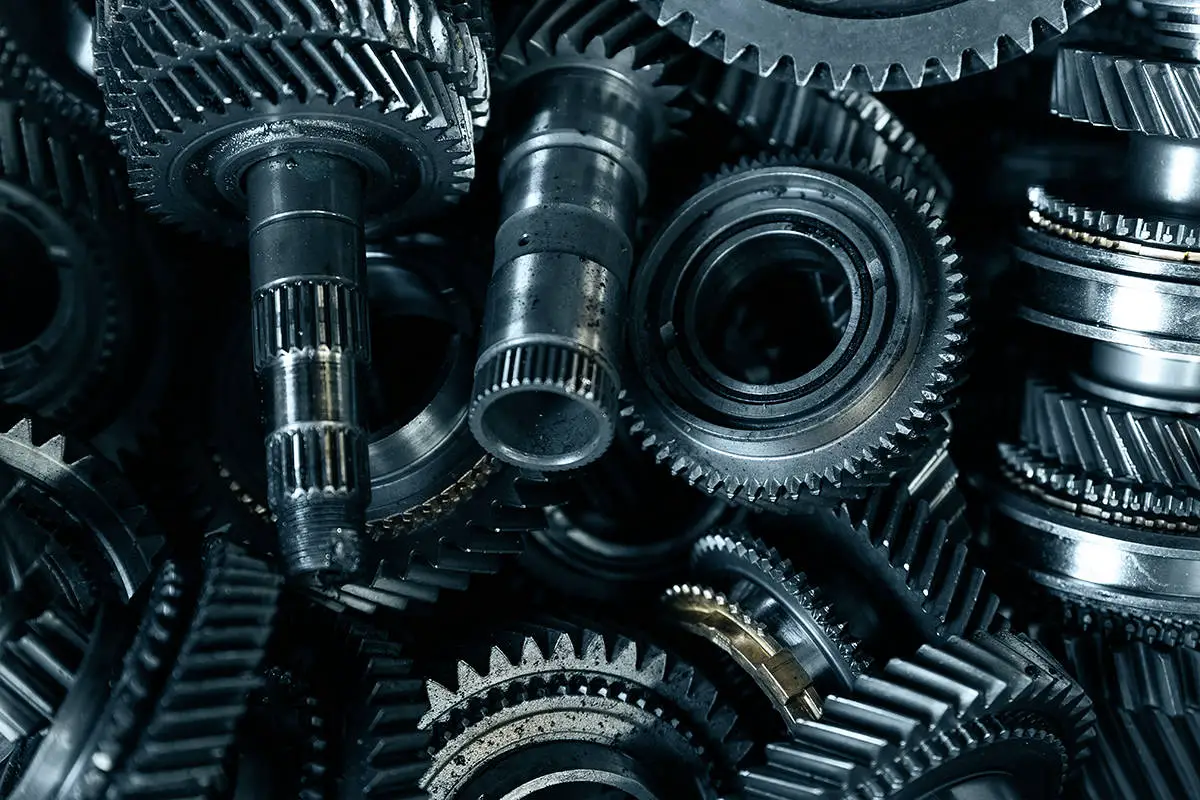
Engine rebuilds are a comprehensive solution to extend an engine’s life, but they aren’t the only option available. Sometimes, it might be more feasible to consider alternatives based on the engine’s condition, your budget, and long-term plans.
1. Engine Replacement
Here, the entire faulty engine is swapped out for another unit. This can be a new engine, a refurbished one, or a used engine in good condition. While the upfront costs might be higher than a rebuild, it often comes with fewer surprises down the road and can be quicker. Just make sure to check for all the common problems post-replacement.
2. Used Engines
The key is to find an engine with verifiable low mileage and preferably from a vehicle that had rear-end damage, ensuring the engine wasn’t the cause of the car’s retirement. It’s a gamble but can yield good results with due diligence.
3. Engine Repair
Not all engine issues necessitate a rebuild. Some problems might be isolated to specific components, allowing for targeted repairs. This option focuses on addressing only the malfunctioning parts, saving time and money. However, ensure the rest of the engine is in good health before pursuing this route.
4. Engine Refurbishing
A middle ground between a full rebuild and a simple repair, refurbishing involves replacing the most commonly worn parts of an engine. It’s less extensive than a rebuild but more comprehensive than a basic repair, making it ideal for engines with moderate wear.
